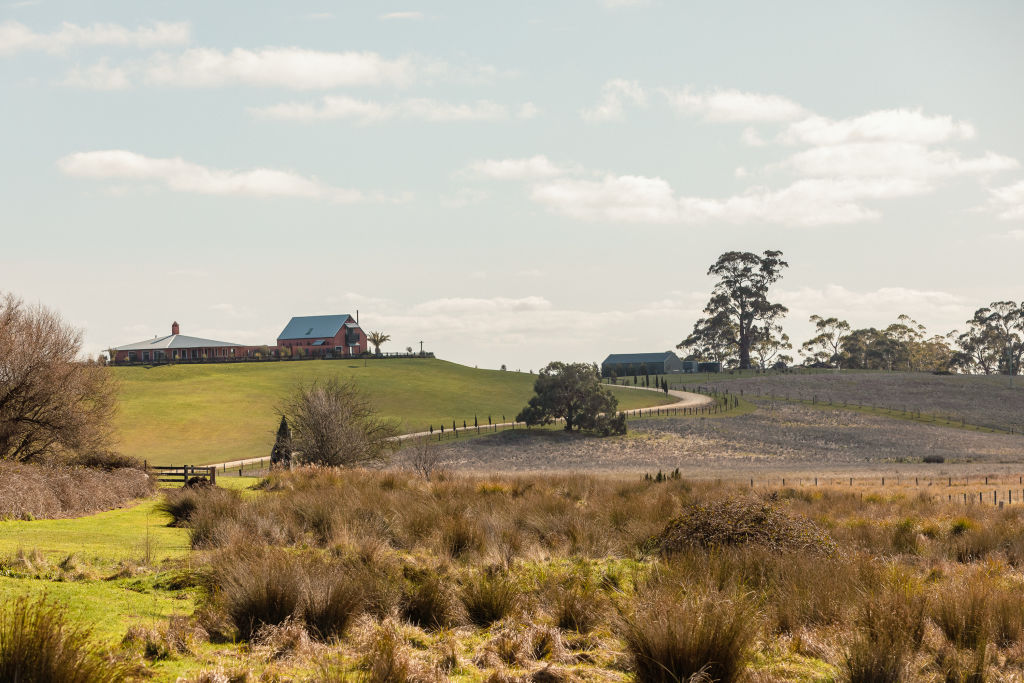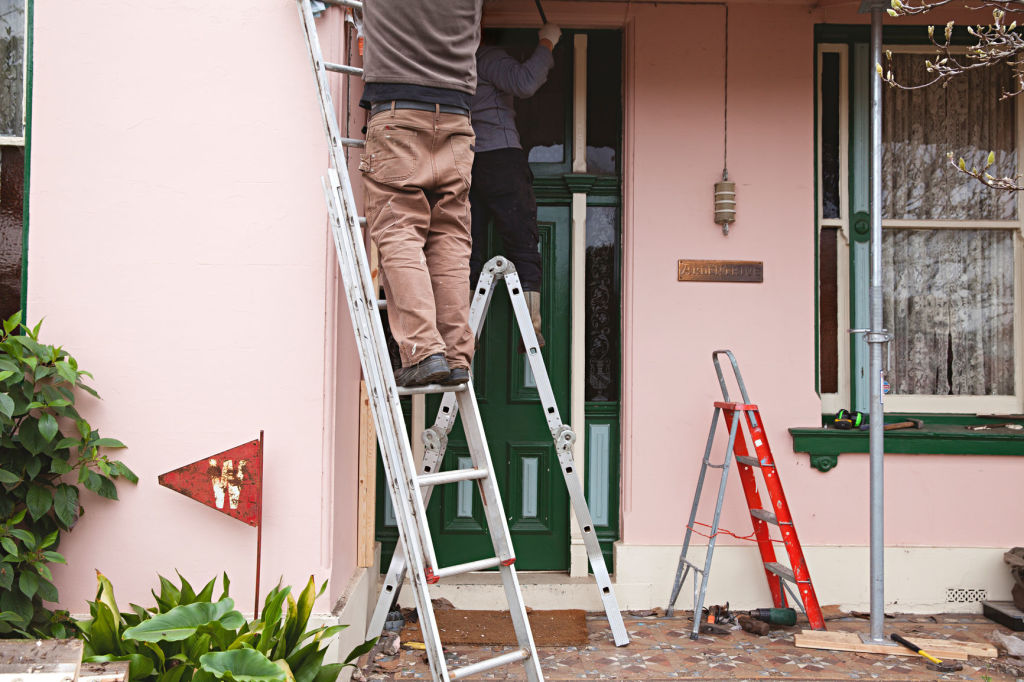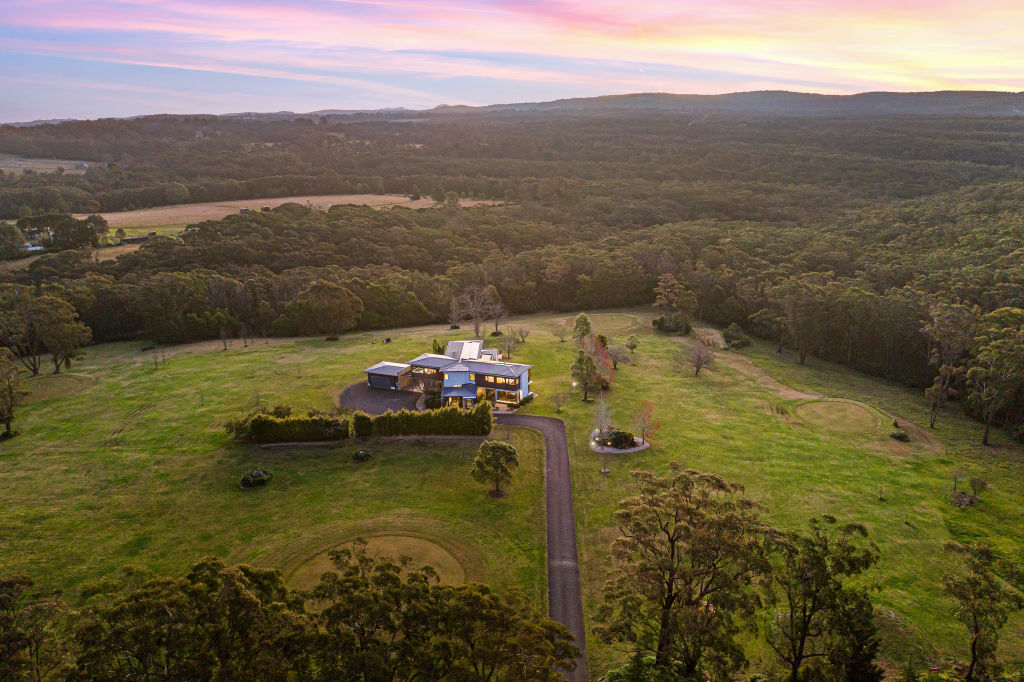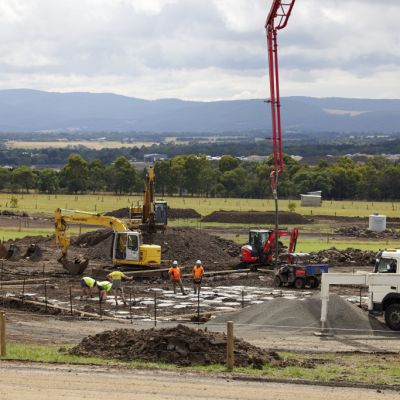6 tips for renovating a home in the country
Renovating is an exciting rollercoaster of an adventure wherever you live.
But for those who live in regional areas – whether you’re a tree-changer or a longtime local – there are some things that will be different for you than for those renovating in an urban area.
Here are some tips to consider when you’re renovating a country home.
1. Plan ahead. Well ahead.
It’s always taken a little longer to get a renovation done in a regional area than in the cities. This is in part due to limited numbers of tradespeople.
“In Melbourne or Sydney, you might have hundreds of roof plumbers to choose from. In a regional area, you might have two,” says Sarah Eifermann, a tradie coach from Helix Planning and regional dweller in northern NSW.
But lengthened timeframes on renovations and builds is a bigger issue now than ever before.

“Tradespeople’s workflow is impacted by weather or environmental events, and by recent supply issues, which then delays their jobs,” Eifermann says. “It’s worth planning things well in advance, at least six to 12 months, so that you have access to trades.”
2. Community is your best resource
The community feel in regional towns is a major drawcard for tree-changers. We crave the friendliness of seeing familiar faces when we’re in town, and we love the local community groups that make things happen.
This community is also one of the best resources available when you’re renovating.
“In regional areas the tradies often don’t advertise,” says Trisha Pickersgill, designer at Studium Design Co in northern Tasmania. “They have so much work on that they don’t need to – but that makes them hard to find if you’re new to the area.”
Pickersgill suggests checking out local social media groups to access local knowledge of which tradespeople are reputable.
“Check out the local Facebook groups,” she says. “Many regional areas have groups geared around community suppliers and service providers, and this can be a great way to get to know some of the locals too.”
This is a strategy that Pickersgill found useful in her own renovation work. “We did a renovation in the far west coast of Tasmania: suppliers were short, and we didn’t know anyone down there. To try and find a local plumber and electrician was difficult,” she says. “We turned to Facebook and community groups, and found that people’s honesty was fantastic. They were really open about saying this is a good plumber, or stay away from this bloke, or this girl’s an awesome electrician. It was a huge help.”
3. Consider the accessibility of materials
When it comes to getting hold of materials for your renovation, don’t make assumptions about what you’ll be able to access and when. It’s worth doing your homework well in advance so that you know what you’re dealing with.
Pickersgill says, “Don’t presume that, just because it’s a regional area, you can’t get the items locally. It’s surprising how many smaller local businesses stock the boutique brands.”

She adds that delivery is particularly important to research. “In some regional areas you need to allow for an additional two weeks or more for delivery. And be aware of the delivery fees too.”
Eifermann says that this isn’t just a factor to consider with larger materials. It’s also important for the smaller items – and she’s learnt this first-hand. “Where I live, there’s a small hardware store, but if I need something bigger, I need to drive an hour,” she says. “The local hardware store often doesn’t have a material or an item I need at the last minute.
“Access to materials is very different in the country, and you have to plan ahead.”
4. Use local skills and materials
You might be surprised to learn about the fabulous talents of many people in regional communities. Keep on the lookout for local suppliers, especially those with artisan skills that you could use to give your country home a clear grounding within the region.
“We have some wonderful artisans out there, some really unique designs and use of materials,” Pickersgill says.
“It could just be your supplier of wall claddings, for example, that could help to make one element a feature of the property. We see a lot of little pocket places here in Tasmania, collecting different timbers and using those for furniture or joinery – this can be really special.”
5. Follow the rules of the area and the home
Many regional homes are in areas that have specific requirements, which can include building materials, colours, planning processes, or what you can do with the land.
“Bushfire, conservation or heritage overlays can restrict your freedom of choice,” Eifermann says. “So, you can’t necessarily just knock out a wall in the same way that you’d take a sledgehammer to a house in the city.”

Before you start planning a renovation – or, ideally, before you purchase the house – make yourself familiar with the council regulations and any overlays to the property.
6. Consider your country lifestyle
Every renovation should be influenced by your lifestyle and how you wish to live in your home. For tree-changers, this is a more important element to a renovation than ever before.
Many of us have moved to the country with the knowledge that we can work from home, for example. “Working from your home in a regional area is a huge thing now,” says Pickersgill. “So give some thought to where that is going to fit into this space. Lots of us want full offices now, not just a little study nook, because we want to be able to close the door and not think about work after hours.”
We recommend
We thought you might like
States
Capital Cities
Capital Cities - Rentals
Popular Areas
Allhomes
More










